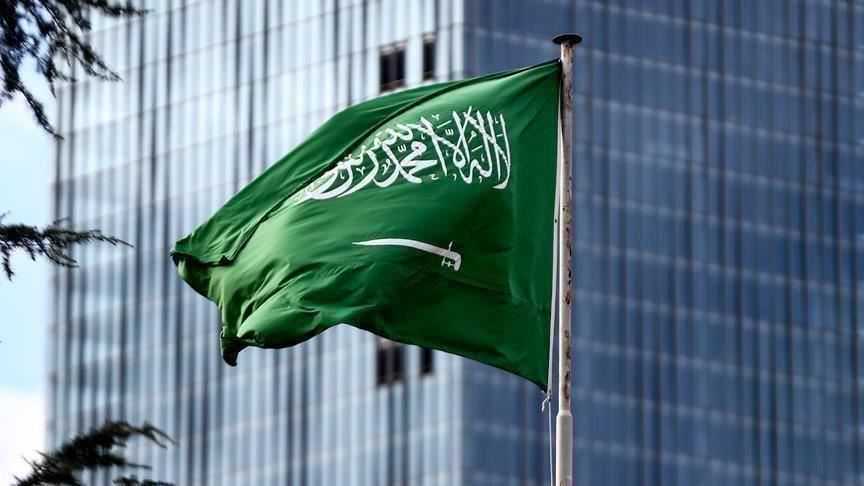Saudi Arabia initiates 1st visa for tourists
28 September, 2019

Saudi Arabia threw open its doors to foreign tourists on Friday, launching a new visa regime for 49 countries and appealing to foreign companies to invest in a sector it hopes will contribute 10 percent of gross domestic product by 2030.
The ultra-conservative Muslim kingdom, relatively closed off for decades, has in recent years relaxed strict social codes, like segregating men and women in public places and requiring women to wear all-covering black robes, or abayas.
Tourism chief Ahmed al-Khateeb told Reuters in an interview ahead of the official announcement that abayas will not be mandatory for women tourists but modest dress will be, including at public beaches.
He indicated that alcohol remains banned, saying, “We will have enough tourists to come to Saudi Arabia to enjoy other things.”
Visas will be available online for about $80 with no restrictions for unaccompanied women as in the past. Access to the Muslim holy cities of Mecca and Medina is restricted.
More details, including which countries are eligible, were expected later on Friday. Khateeb said China, Japan, Europe and the United States were among the top outbound targets.
Until now, foreigners traveling to Saudi Arabia have been largely restricted to resident workers and their dependents, business travelers, and Muslim pilgrims who are given special visas to visit Mecca and Medina.
Plans to admit significant numbers of leisure tourists have been discussed for years, only to be blocked by conservative opinion and bureaucracy. An e-visa for sporting events and concerts was introduced last December.
The move is part of de facto ruler Crown Prince Mohammed bin Salman’s ambitious plans to develop new industries to wean the world’s top oil exporter off crude and open up society, including by introducing previously banned entertainment.
Many of his reforms received international praise, but his image has been tarnished by last year’s murder of journalist Jamal Khashoggi, the arrest of critics including prominent women activists, and a devastating war in Yemen.
Tensions with arch-rival Iran have also flared. Riyadh blames Tehran for an attack earlier this month on Saudi oil facilities, which Iran denies.
Khateeb, who chairs the Saudi Commission for Tourism and National Heritage, said the country is “very, very safe” and the attack would not impact plans to attract tourists.
Tourism is high on the crown prince’s agenda, despite a shortage of infrastructure. To drive growth, Khateeb estimated some 250 billion riyals ($67 billion) of investments are needed, including 500,000 new hotel rooms by 2030 — half at government-backed mega projects and half from private investors.
The government wants to attract 100 million annual visits in 2030, up from about 40 million currently. Contribution to GDP is targeted to reach 10 percent from 3 percent.
TAG(s):
